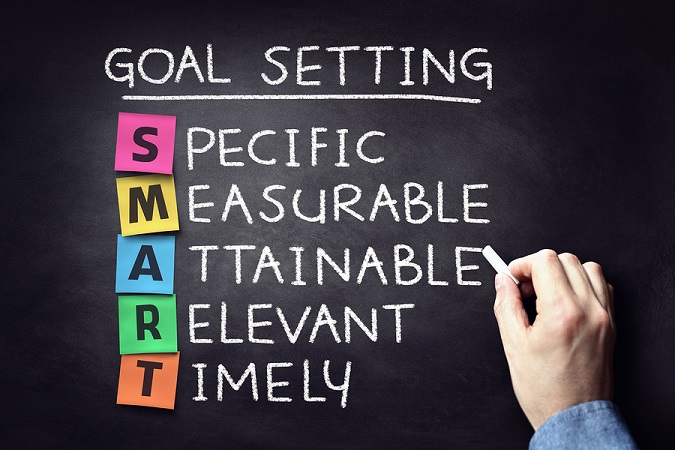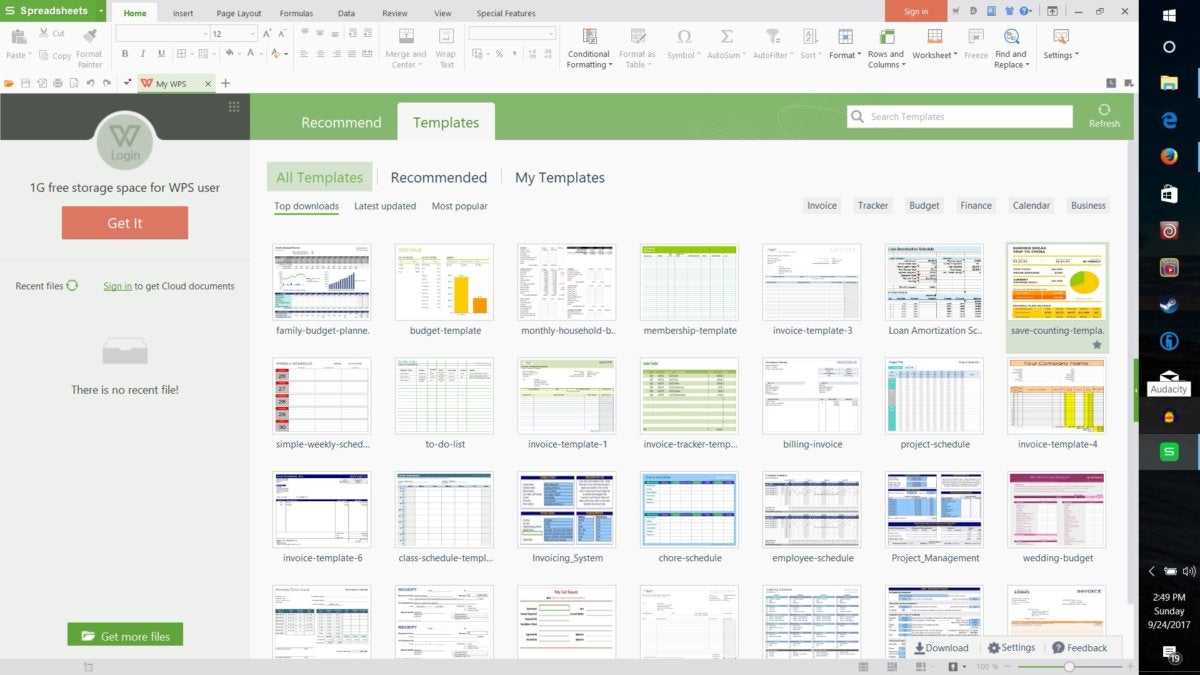- The more accessible and easiest strategy I learned from this class is time management, such as using apps like Google Calendar, and Study Scheduler. There is too much time going away without our attention, so time tracking is the primary method to improve the learning efficiency every day. Being aware of what tasks and activities that I have done helps me organize and rearrange the priority and sequence of each task, which allows me to make adjustments according to my academic performance such as grades and the time needed to complete assignments at each difficulty level.

- The other key point I acknowledged from this class is goal setting, for both short-term goals and long-term goals. The short-term goals are important indicators of how the study can progress. I can simply consider some actions that are achievable, relevant, specific, and measurable and set them as goals either for a single course or a period of the semester. Meanwhile, a definite long-term goal that I really care about and yearn for makes sure that I have abundant motivation to devote myself to insist on it. I should be aware that perhaps when I set up proper short-term goals and finish them, a long-term expectation will be more likely to be accessible.

- The third takeaway I realized from this class is the note-taking strategy. Personally, the note is necessary for every class to memorize and review study materials. Previously, the most appropriate app of taking notes for me is Notability, but after learning from the sharing of other classmates, I notice that there are a couple of useful strategies and apps that I can try and put into use, such as abbreviation and an app called WPS.

Image Citations:
https://www.pttfinancial.com/goal-setting-strategies-for-insurance-agents/
https://www.pcworld.com/article/3226453/wps-office-2016-review-office-alternative.html